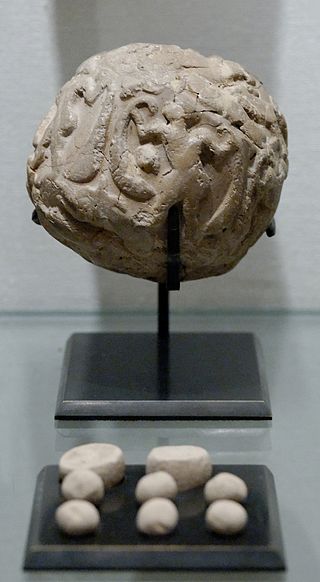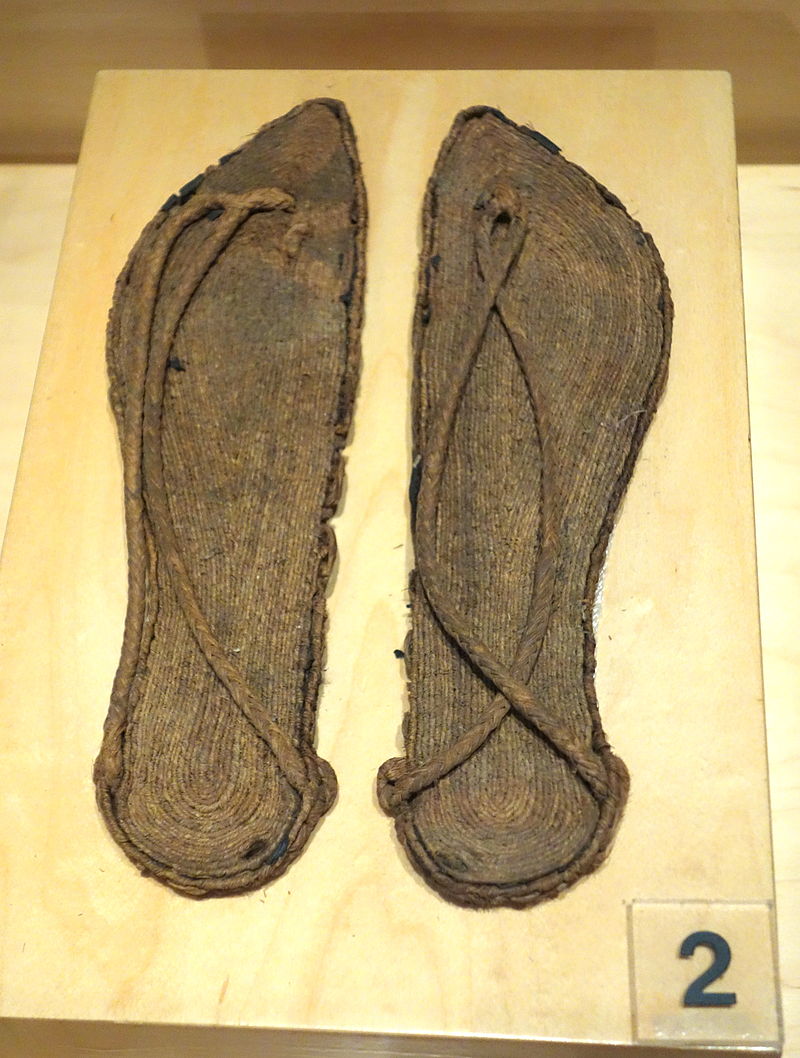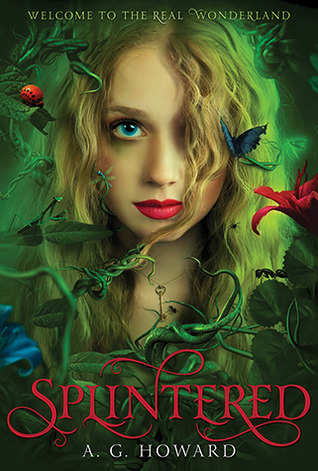"You, hear me! Give this fire to that old man. Pull the black worm off the bark and give it to the mother. And no spitting in the ashes!" - (Explanation later)The New York Times ran a great article the other day called, "Many Animals Can Count, Some Better Than You". I am sure that every one of us who has /had a pet can assure them of that. (Try to gyp a dog out of the correct number of treats.) Not only can they count - as a female frog literally counts the number of mating clucks of the male - but they can compare numbers. (Read about the guppies and the sticklebacks.)
 But where the article really got interesting was where they talked about that, despite math phobia, etc., humans have an innate "number sense." There is archaeological evidence suggesting that humans have been counting for at least 50,000 years. Before writing ever came around, people were using other ways of tallying numbers, from carving notches (bones, wood, stones) to clay tokens that lie all over Sumerian sites and which often looked, for decades, to archaeologists like bits of clay trash.
But where the article really got interesting was where they talked about that, despite math phobia, etc., humans have an innate "number sense." There is archaeological evidence suggesting that humans have been counting for at least 50,000 years. Before writing ever came around, people were using other ways of tallying numbers, from carving notches (bones, wood, stones) to clay tokens that lie all over Sumerian sites and which often looked, for decades, to archaeologists like bits of clay trash.But the ability to count and the desire to count and to keep track comes before tokens or notches, otherwise they'd never have bothered. And language - blessed language - comes before all of that. So get this: they say that the number words for small quantities — less than five — are not only strikingly similar across virtually every language in the world, but also are older (and more similar) than the words for mother, father, and body parts. Except certain words like... no, not that! (Get your mind out of the gutter) Except the words for the eye and the tongue. Make of that what you will...
Dr Mark Pagel, biologist at Reading University, said, “It’s not out of the question that you could have been wandering around 15,000 years ago and encountered a few of the last remaining Neanderthals, pointed to yourself and said, ‘one,’ and pointed to them and said, ‘three,’ and those words, in an odd, coarse way, would have been understood.” That just gave me goosebumps when I read it.
| Development of Sumerian cunieform writing, Td k at Wikipedia |
I admit, I'm fascinated by the past. (That's why I became a historian...) To me, history is time travel for pedestrians, a way to connect with our ancient ancestors. So let's zip around a bit, starting with jokes (Reuters):
 |
| Sumerian man, looking slightly upset... (Wikipedia) |
“How do you entertain a bored pharaoh? You sail a boatload of young women dressed only in fishing nets down the Nile and urge the pharaoh to go catch a fish.” - Egypt, ca 1600 BC, supposedly about the randy Pharaoh Snofru
The earliest [written] "yo' mamma" joke, from an incomplete Babylonian fragment, ca 1500 BC:
"…your mother is by the one who has intercourse with her. What/who is it?"
(Okay, so it doesn't translate that well, but we all know where it's heading.)
And this riddle from 10th century Britain (for more see here):
"I am a wondrous creature for women in expectation, a service for neighbors. I harm none of the citizens except my slayer alone. My stem is erect, I stand up in bed, hairy somewhere down below. A very comely peasant’s daughter, dares sometimes, proud maiden, that she grips at me, attacks me in my redness, plunders my head, confines me in a stronghold, feels my encounter directly, woman with braided hair. Wet be that eye."
(Answer at the end and no peeking!)
Plot lines go very, very far back as well.
 |
| Ancient Egyptian leather sandals (Wikipedia) |
The fairy tale with the oldest provenance is "The Smith and the Devil" which goes back at least 7,000 years, and has been mapped out over 35 Indo-European languages, and geographically from India to Scandinavia. (Curiosity) The bones of the story are that the Smith makes a deal with the Devil (or death) and cheats him. Now there's been all sorts of variations on it. In a very old one, the smith gains the power to weld any materials, then uses this power to stick the devil to an immovable object, allowing the smith to renege on the bargain. Over time, the smith's been transformed to clever peasants, wise simpletons, and, of course, fiddlers ("The Devil Went Down to Georgia" is, whether Charlie Daniels knew it or not, a variation on this very, very old fairy tale), and the devil occasionally got transformed to death or even a rich mean relative. Check out Grimm's "The Peasant and the Devil" and "Why the Sea is Salt".
 |
| Enkidu, Gilgamesh's best friend - his death sends Gilgamesh in search of eternal life. (Urban at French Wikipedia) |
And, of course, many stock plots go at least as far back as Sumeria, including rival brothers (Cain and Abel), blood brothers (Gilgamesh and Enkidu), old men killing their rivals (Lamech, Genesis 4), the Garden of Eden, the Great Flood (complete with ark, dove, and rainbow), and the quest for eternal life (Gilgamesh).
BTW, most of the stories in Genesis come from the Epic of Gilgamesh, which makes perfect sense when you remember that Abraham is said to have come from Ur of the Chaldees, which was a Sumerian city.
BTW, most of the stories in Genesis come from the Epic of Gilgamesh, which makes perfect sense when you remember that Abraham is said to have come from Ur of the Chaldees, which was a Sumerian city.
But back to words, which are, after all, our stock in trade as writers. Remember above, where I quoted the NYT how you could communicate with Neanderthals by pointing and using number words? And remember that sentence at the very beginning?
"You, hear me! Give this fire to that old man. Pull the black worm off the bark and give it to the mother. And no spitting in the ashes!"
According to researchers, if you went back 15,000 years and said that sentence, slowly, perhaps trying various accents, in almost any language, to almost any hunter-gatherer tribe, anywhere, they'd understand most of it. You see, the words in that sentence are basic, almost integral to life, constantly used, constantly needed, for over 15,000 years, since the last Ice Age. (It's only recently that we've lost our interest in black worms except in tequila and mescal.)
Due to the fact that we live on a planet with 7.6 billion humans and counting, it's hard to realize that, back around 15,000, there were at most 15,000,000 humans on the entire planet (and perhaps as few as 1,000,000). They probably shared a language. If nothing else, they would have shared a basic trading language so that when they ran into each other, they could communicate. Linguistics says that most words are replaced every few thousand years, with a maximum survival of roughly 9,000 years. But 4 British researchers say they've found 23 words - what they call "ultra-conserved" words - that date all the way back to 13,000 BC.
Now there's a list of 200 words - the Swadesh list(s) - which are the core vocabulary of all languages. (Check them out here at Wikipedia.) These 200 words are cognates, words that have the same meaning and a similar sound in different languages:
So, what are they? What are these ultra-conserved words, 15,000 years old, and a window to a time of hunter-gatherers painting in Lascaux and trying to survive the end of the Younger Dryas (the next-to-the last mini-Ice Age; the last was in 1300-1850 AD)? Here you go:
There's got to be a story there. How about this?
Due to the fact that we live on a planet with 7.6 billion humans and counting, it's hard to realize that, back around 15,000, there were at most 15,000,000 humans on the entire planet (and perhaps as few as 1,000,000). They probably shared a language. If nothing else, they would have shared a basic trading language so that when they ran into each other, they could communicate. Linguistics says that most words are replaced every few thousand years, with a maximum survival of roughly 9,000 years. But 4 British researchers say they've found 23 words - what they call "ultra-conserved" words - that date all the way back to 13,000 BC.
 |
| Speaking of 13,000 BC, here's a Lascaux Cave Painting. Wikipedia |
Now there's a list of 200 words - the Swadesh list(s) - which are the core vocabulary of all languages. (Check them out here at Wikipedia.) These 200 words are cognates, words that have the same meaning and a similar sound in different languages:
Father (English), padre (Italian), pere (French), pater (Latin) and pitar (Sanskrit).Now this makes sense, because English and Sanskrit are both part of the Indo-European language family. But our 23 ultra-conserved words are "proto-words" that exist in 4 or more language families, including Inuit-Yupik. (Thank you, Washington Post. And, if you want to wade through linguistic science, here's the original paper over at the National Academy of Sciences.)
So, what are they? What are these ultra-conserved words, 15,000 years old, and a window to a time of hunter-gatherers painting in Lascaux and trying to survive the end of the Younger Dryas (the next-to-the last mini-Ice Age; the last was in 1300-1850 AD)? Here you go:
thou, I, not, that, we, to give,
who, this, what, man/male,
ye, old, mother, to hear,
hand, fire, to pull, black,
to flow, bark, ashes, to spit, worm
There's got to be a story there. How about this?
"I give this fire to flow down the bark! Who pulls the man from the mother? Who pulls his hand from the fire? Who / what / we?"
I was trying a couple of variations on these words, and then I realized that the ultimate has already been done:
PS - the answer to the riddle is "onion".  |
"Who are you?" [said] the Worm.


